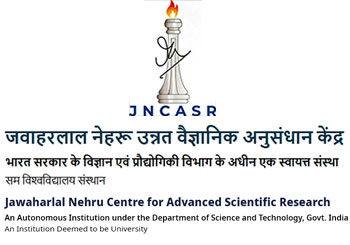Students
Anuj Menon pursuing Ph.D.
I study egg-laying rhythms in Drosophila melanogaster. Among the various circadianly rhythmic behaviors exhibited by the fly, this is a phenomenon that has been least investigated for various reasons. Modulation of egg laying rhythm is most likely to impact its Darwinian fitness and therefore understanding aspects of this rhythm is relevant and may even have applied value. My goals are to determine if this circadian (near 24 hr) rhythm, has certain unique properties, such as where it is generated from (because unlike the other well studied fly rhythms, it does not originate in the fly brain) and whether it is truly controlled by the “clock genes” which, strongly influence other behavioural rhythms.
My studies have shown that the presence of male flies can impact various aspects of the rhythm (Menon et al., 2014, Chronobiology International).
Kulkarni Rutvij Kaustubh pursuing
Flies are gregarious in nature and commonly form aggregations near rotting substrates. However, their behaviour under such conditions as well as the costs and benefits associated with group formation are not well understood. My work examines the nature of sociality in the fly, specifically the manner in which flies interact with one another, its physiological consequences and ultimately, its effects on survival and reproduction of the individual. My hope is that these investigations will allow us to employ the powerful Drosophila model system for studying neurophysiology and evolution of social behaviour.
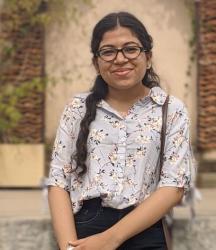
Mansi Rathi pursuing Ph.D.
Organisms show daily rhythmicity in a variety of behavioral and physiological processes. These rhythms are regulated by a circadian clock. Using a long-term selection approach, diverged chronotype populations of Drosophila melanogaster have been established in our lab by imposing selection pressure on timing of emergence rhythm. As a result of selection, the flies diverged not only in their emergence rhythm but also in their underlying circadian clock. My objective is to characterize physiological traits that are partially regulated by circadian clock like sleep, immunity, and development time in these chronotype populations and study if these traits can co-evolve.
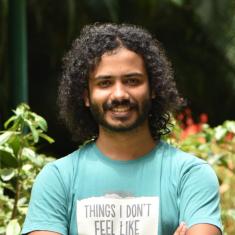
Surajit Dawn pursuing Ph.D.
I work on a unique set of fruit fly populations which are being reared in a semi-natural outdoor environment for many years now and we aim to understand how circadian rhythms evolve in such complex natural zeitgeber system, compared to the simple Light-Dark cycles of the laboratory environment.
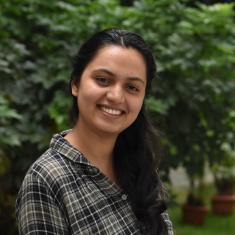
Kamakshi Tomar pursuing Integrated Ph.D
Huntington's Disease (HD) is a neurodegenerative condition that impacts not only brain but the whole body as well. It has no known cure yet. Disease management strategies that could improve patients' healthspan and are easy to implement are crucial. One such approach is Time Restricted Feeding (TRF) which is useful in combating obesity and other cardiometabolic diseases. Recently it has found a home in improving brain health and thus combating neurodegenerative conditions as well. However, the mechanism behind these regimes is yet to be explored. I am interested in exploring the utility and mechanism behind TRF when implemented against HD by utilizing Drosophila as a model organism.
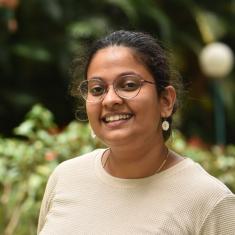
Neeti Badigannavar pursuing Ph.D.
I work on chronotype populations- Early and Late; of Drosophila melanogaster, which have been selected for divergent timing of eclosion and their expression profiles across various times of the day. I am looking at how temperature and its fluctuations influence the clock and the rhythms controlled by it. Based on this information I want to understand how different chronotypes respond to temperature fluctuations and incorporate that information. Apart from this, I am also interested in looking at how clock influences the aging.
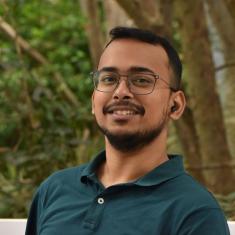
Soumyadeep Dey pursuing Integrated Ph.D
I am interested in studying the mechanisms behind perception of the social environment and its effects on different fitness related traits such as body weight in Drosophila melanogaster. I am exploring the different sensory modalities that enable perception of social cues by which body weight is being changed in response and later the neuronal substrates by which such sensory information is processed in the fly brain.
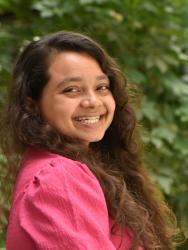
Pritiben Pankajbhai Prajapati pursuing Ph.D.
Drosophila melanogaster possesses well-characterized circadian pacemaker neurons that regulate various aspects of circadian behavior. They are known to communicate via a variety of chemical neurotransmitters and neuropeptides. My study aims to investigate the possible roles of electrical synapses in circadian rhythms. I aim to explore neuron-neuron, glial-glial and neuron-glia interactions via gap junctions and hemichannels. By utilizing genetic tools to modify expression of Innexin genes – which code for gap junction proteins, we seek to uncover their contributions to the modulation of circadian behavior in fruit flies.
- Back to previous page
- |
-
Page last updated date:19-02-2026 05:21 PM







